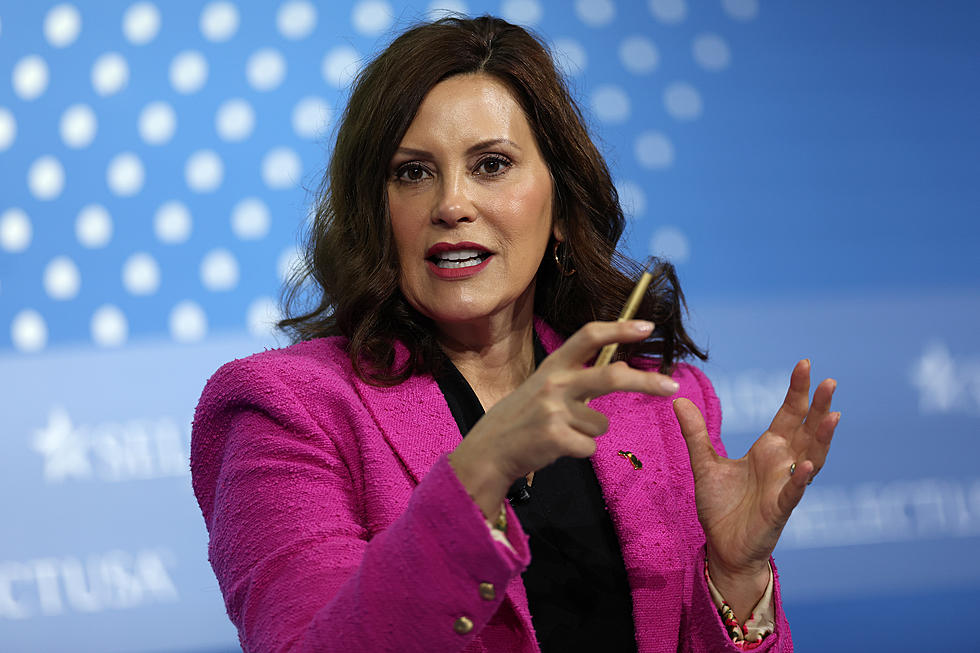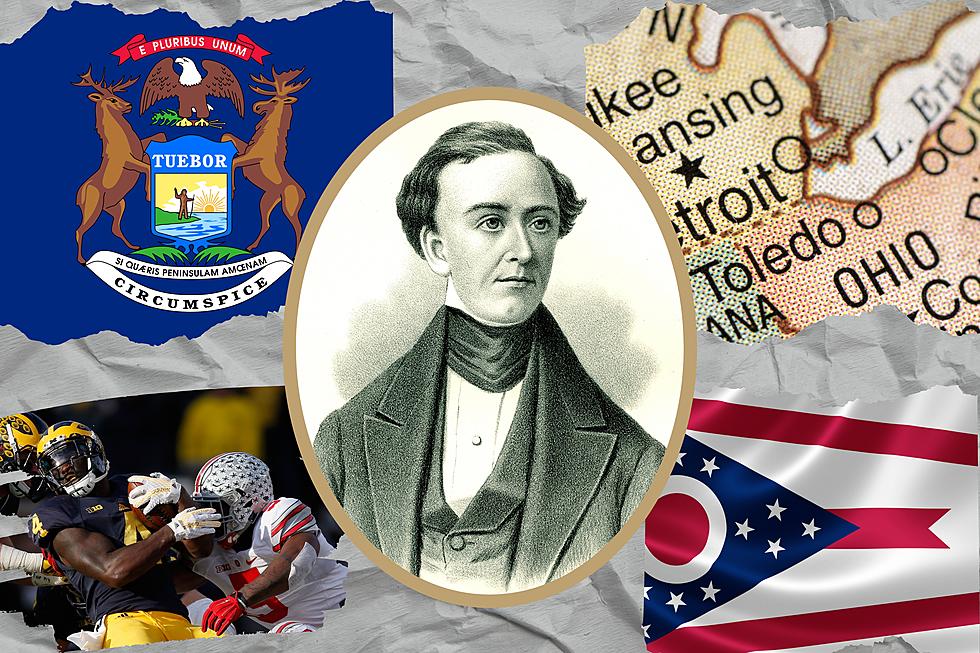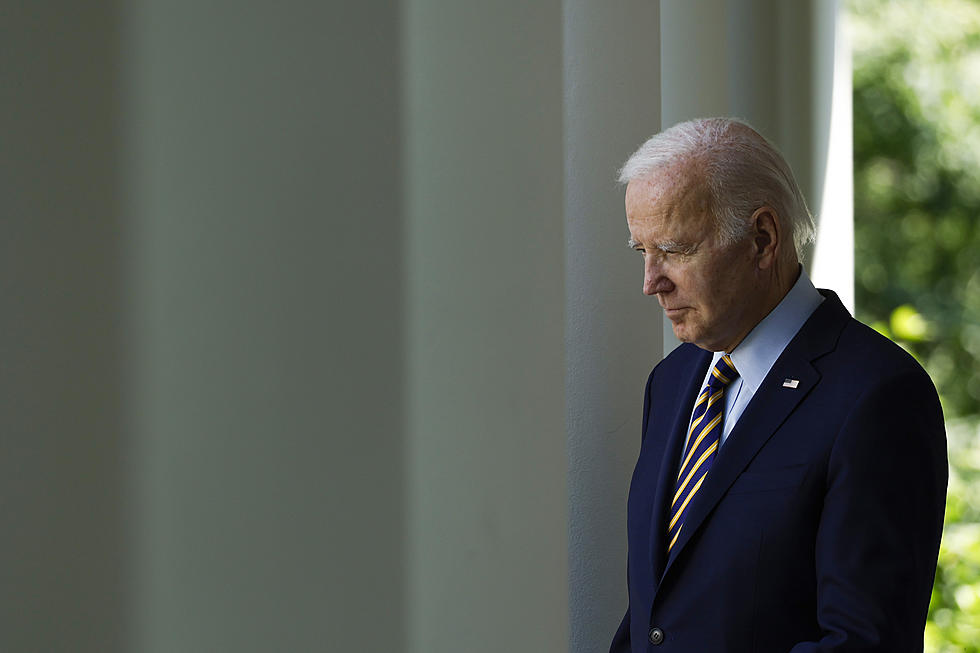
Presidential Pardons and the Constitution
According to the Heritage Guide to the Constitution: "The power to pardon is one of the least limited powers granted to the President in the Constitution. The only limits mentioned in the Constitution are that pardons are limited to offenses against the United States (i.e., not civil or state cases), and that they cannot affect an impeachment process. A reprieve is the commutation or lessening of a sentence already imposed; it does not affect the legal guilt of a person. A pardon, however, completely wipes out the legal effects of a conviction. A pardon can be issued from the time an offense is committed, and can even be issued after the full sentence has been served. It cannot, however, be granted before an offense has been committed, which would give the President the power to waive the laws.
The presidential power to pardon was derived from the royal English Prerogative of Kings, which dated from before the Norman invasion. The royal power was absolute, and the king often granted a pardon in exchange for money or military service. Parliament tried unsuccessfully to limit the king's pardon power, and finally it succeeded to some degree in 1701 when it passed the Act of Settlement, which exempted impeachment from the royal pardon power."
According to Article II Section II Clause I of the Constitution:
he shall have Power to grant Reprieves and Pardons for Offences against the United States, except in Cases of Impeachment.
Over the years and many Presidents at time there seems to be quite a bit of controversy over Pardons. For example:
- Roger Clinton, Jr.: If the name Roger Clinton sounds familiar that’s because he is the half-brother of former President Bill Clinton. In 1985, Roger Clinton was arrested and pleaded guilty for cocaine-related charges. He served more than a year in prison and was controversially pardoned more than a decade later by his brother, Bill Clinton. After his criminal record was erased, he was charged with drunk driving and disorderly conduct in two unrelated incidents.
- Marc Rich: In 1983, billionaire financier Marc Rich was indicted for tax evasion and charged with 51 counts of tax fraud. The commodities trader was also in trouble for running illegal oil deals with Iran during the hostage crisis, therefore violating a US trade embargo with Iran. During his prosecution, Rich fled to Switzerland and was surprisingly pardoned by former President Bill Clinton, who claimed Rich’s charitable donations in the Middle East helped bring peace to the area.
- George Steinbrenner: In 1974, George Steinbrenner, the longtime owner and managing partner of the New York Yankees, was charged with 14 criminal counts for obstruction of justice and conspiring to make illegal contributions to President Nixon’s 1972 re-election campaign. Steinbrenner was pardoned by President Ronald Reagan for the election law case, in which he was fined $15,000 but never served jail time. The caveat was that Reagan required Steinbrenner to admit to the crime in order to receive the controversial pardon.
- Jimmy Hoffa: Jimmy Hoffa was a labor union leader and president of the International Brotherhood of Teamsters union who was convicted of jury tampering, attempted bribery, and fraud in 1964. During his 13-year prison sentence, President Nixon pardoned the labor union leader under the condition that he step down as the Teamsters’ president and not manage any labor organization until March 1980. In return, Hoffa supported Nixon’s re-election campaign, but may have defied his wishes by trying to reunite with the Teamsters before his disappearance in 1975.
- Patty Hearst: Patty Hearst, the granddaughter of publishing tycoon William Randolph Hearst, was convicted of bank robbery in 1976, after she was allegedly kidnapped by an urban guerilla group called the Symbionese Liberation Army (SLA) who organized the San Francisco bank robbery. Although Hearst’s defense attorney claimed she was abused and brainwashed by the group, she was still found guilty of bank robbery. Hearst was sentenced to seven years in jail and served two before she was freed by Jimmy Carter, who commuted her sentencing. President Bill Clinton gave her a full pardon in 2001 and it became of one his most controversial presidential pardons.
And now we have President Obama pardoning Bradley/Chelsea Manning and FALN Terrorist Oscar López Rivera.
I do believe we still should allow the President to pardon the turkey though.
Your thoughts as well as please vote in my poll.
Written by Renk
The Live with Renk Show airs Monday through Friday 9 a.m. to noon. To let me know your thoughts during the show please call (269) 441-9595
More From WBCKFM









